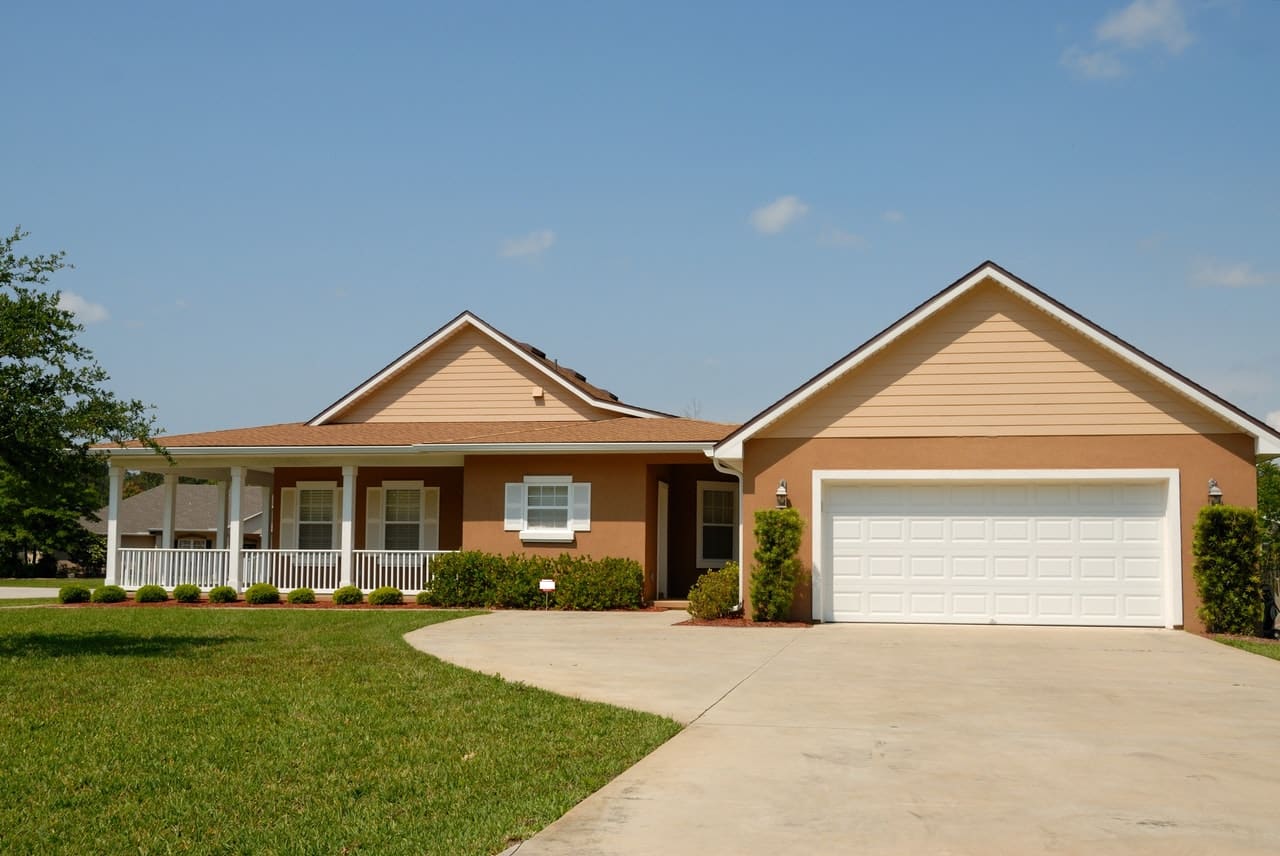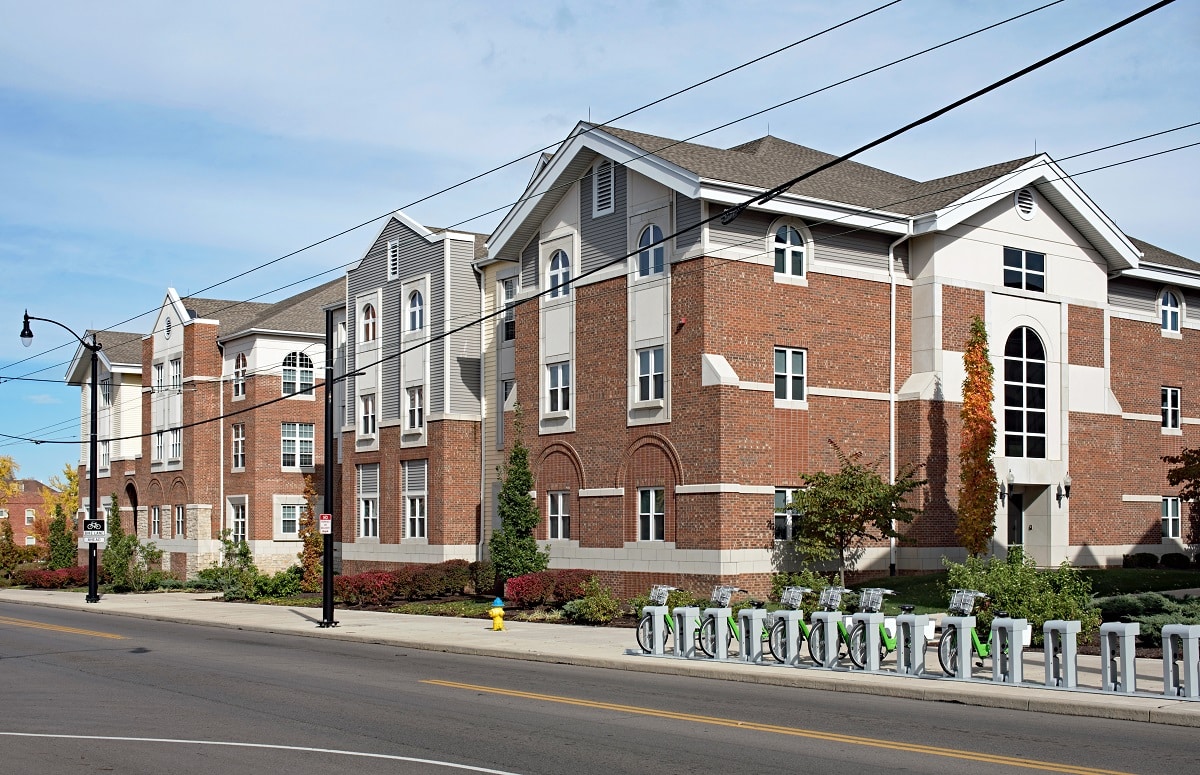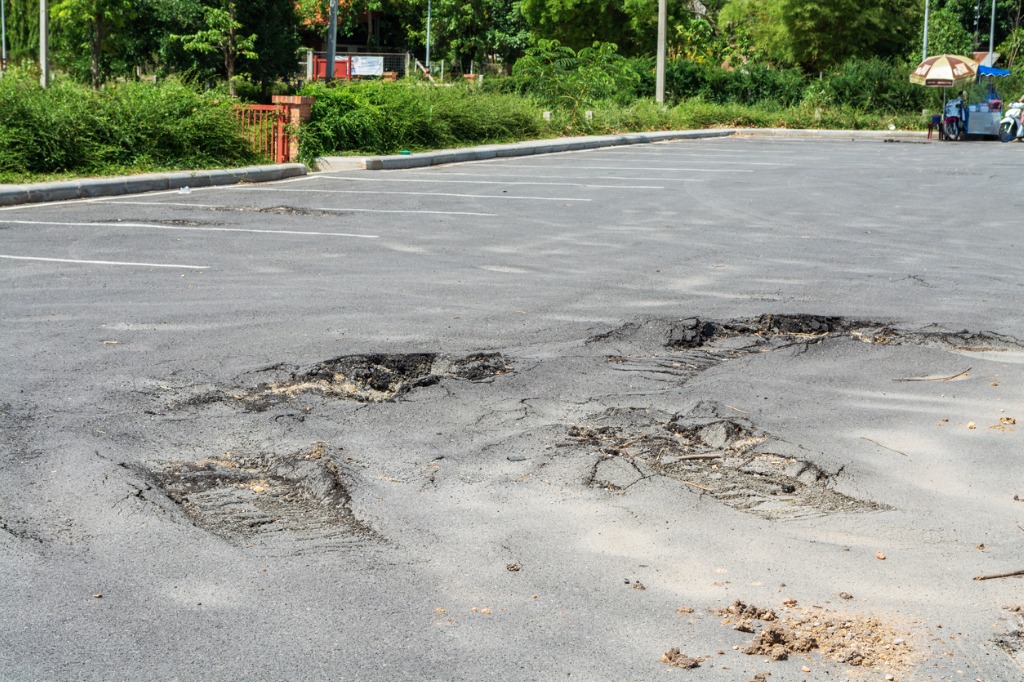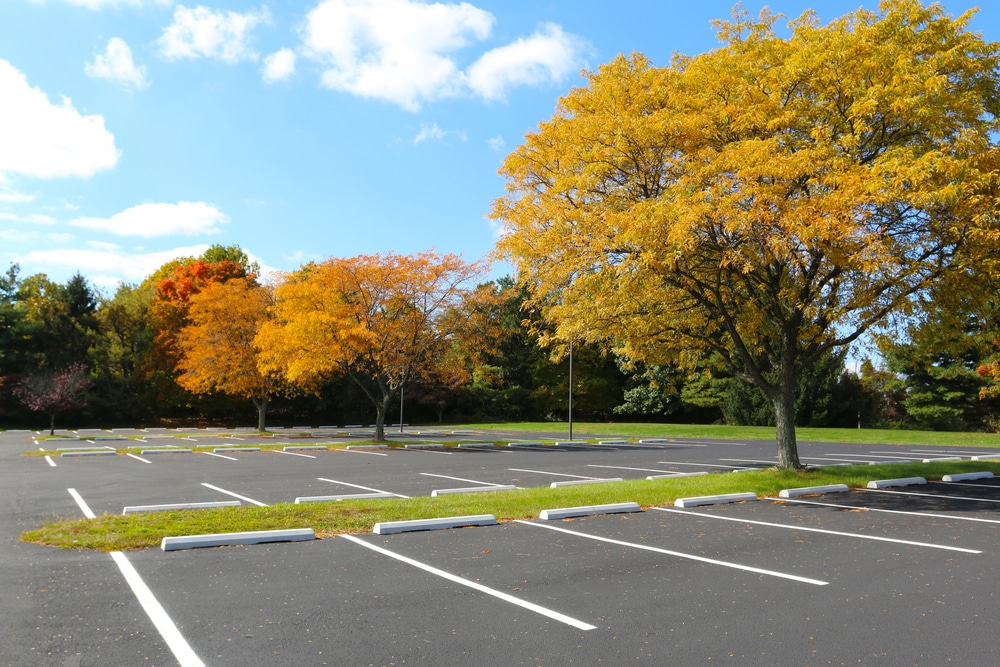Are you looking to make an impression on potential customers and tenants as soon as…

Concrete Driveway Care: 9 Causes of Damage and Their Remedies
Driveways are a property feature that doesn’t get much attention. However, they’re incredibly valuable to your curb appeal. Your driveway is one of the first things people see when they arrive. That’s why a damaged or unkempt cement driveway is a major blow to your property value.
Most property owners use their driveways at least a few times a day, especially if they own more than one vehicle. Overusing your driveway causes all sorts of damage, from hairline cracks to stubborn stains. If neglected, these cracks can grow bigger over time.
Plus, constantly driving over cracks and potholes affects your car as well. Your tires wear out more quickly, the suspension can weaken, and the exhaust pipe can get punctured.
This is why it’s important to keep your driveway in top condition. One of the best ways to maintain your driveway is to watch out for the common causes of damage and to learn how to prevent and repair them.
Common Causes of Concrete Driveway Damage
-
Poor Installation
Concrete driveways are prone to cracks when they’re improperly installed. A lot of factors can affect the installation process. The foundation may not be packed properly or the materials used may be of poor quality. Both these reasons result in weakened concrete, making the driveway susceptible to cracking.
The contractor might have also mixed too much water with the cement. Concrete is easier to install when water is added, but when you pour more water than necessary, it can cause shrinkage.
Shrinkage is when the concrete contracts as it hardens and dries. The more liquid the concrete mix is, the greater the shrinkage will be. This will result in larger cracks.
The curing process can also go wrong if the sun is too hot while the concrete is drying. If the concrete dries prematurely, it won’t have enough time to strengthen its structure. This means it won’t achieve its maximum tensile strength, making it prone to damage.
Shop around for a reputable driveway contractor. Research each provider thoroughly to make sure their services are satisfactory. You can look up client testimonials online or ask friends and acquaintances who have worked with this contractor before.
-
Heavy Loads
Well-designed driveways can support a considerable amount of weight, but this doesn’t mean they’re indestructible. Heavy vehicles, such as delivery trucks and garbage trucks, put excessive stress and weight on your driveway. This can damage the concrete. Cracks, potholes, and breaks are commonly caused by excessively heavy loads.
Ask your contractor about your driveway’s load-bearing capacity. The capacity can differ depending on the strength of the concrete they used. They’ll tell you which vehicles can and cannot stay on your driveway for long periods of time. If you own any heavy vehicles, it would be better to park them on the street or in a different parking space.
-
Weather Conditions
Your driveway is exposed to all sorts of weather conditions, including extreme temperatures, excessive moisture, hail, and even tornadoes in some parts of the country.
When puddles linger on the driveway’s surface, the water can wear down the seal, allowing moisture to seep into the concrete. This situation can cause extensive damage to the layers underneath.
The sun can also wear down older driveways. Its harmful UV rays can break down components in the concrete, resulting in hairline fractures and minor cracks.
You can minimize the damage caused by weather conditions by routinely reapplying a high-quality sealer to your driveway. This extra layer of protection acts as a buffer against the elements, maintaining its structural integrity. As a general rule, you should reseal your driveway every two years.
Another option is to have a pergola with a canopy built over your driveway. It won’t cover the entire lane, but it should provide enough protection for the spot where you park your car. The pergola offers a shield against the sun and other weather elements, preventing damage to this portion of your driveway.
-
Soil Movement
 The earth is constantly shifting. Soil creep is a slow and long-term movement, so you won’t be able to notice any changes. The gradual movements, however, can affect how the concrete is laid over the earth. This leads to an uneven driveway that is more susceptible to cracks.
The earth is constantly shifting. Soil creep is a slow and long-term movement, so you won’t be able to notice any changes. The gradual movements, however, can affect how the concrete is laid over the earth. This leads to an uneven driveway that is more susceptible to cracks.
Damage caused by erosion is more likely to occur on driveways with a slight incline since the slope exacerbates the effects of gravity.
There’s not much you can do to prevent the earth from moving, but you can make your driveway more solid by building it on a stable patch of ground. Make sure your property doesn’t have swelling soils, otherwise, your driveway has a higher chance of cracking or heaving in the center.
-
Tree Root Growth
Many homeowners like to grow towering trees in their front yard for privacy, but you have to keep in mind that the location of those trees can affect your driveway. Big trees have big creeping roots that can run from your front lawn to your driveway.
When the roots expand underneath the ground, they’ll push upward on the foundation as they continue to grow. Eventually, the concrete will crack.
This problem can easily be avoided by being mindful of where you plant trees. You can also surround your driveway with root barriers to prevent damage.
-
Studded Tires
Snow tires with spikes or tracks are useful for driving on snowy streets safely. However, studded tires can also damage your concrete driveway. The studs or spikes repeatedly punch into the concrete, dislodging small pieces of the pavement surface. Eventually, this results in pavement rutting.
Asphalt driveways are more vulnerable to studded tire-related damage, but even concrete lanes can be punctured by snow tires, especially if they’re not in the best condition in the first place.
Remember to reseal your driveway every two years. If the seal has worn down, the spikes from the snow tires will punch directly into the concrete, likely resulting in small holes.
-
Shoveling
Shoveling snow can damage your concrete driveway. Most people use metal shovels, but this material can easily abrade the concrete surface. The metal blade can also scrape the seal of your driveway, exposing it to more damage.
Use a hard plastic shovel instead of a metal one. Also, be mindful when shoveling snow. Avoid digging right down to the driveway surface. Stop shoveling about half an inch before the surface. If the snow is thin enough, you can use a powerful leaf blower to blast it off your driveway.
-
Rock Salt and Ice Melters
Stay away from rock salt if you want to preserve your driveway. Rock salt does more harm than good to concrete driveways. Although it can thaw snow and ice as frigid as 20 °F, the melting process can corrode the layers of the concrete.
It’s not just rock salt that can damage your driveway. Other de-icing substances and chemicals are bad for concrete surfaces. When the snow starts to melt, the water that soaks in the concrete can still refreeze if the temperature drops. The frozen water, which has now seeped into your driveway, can cause tiny cracks on the surface.
Avoid using ice melters. You can opt for shoveling snow instead, following the method mentioned above. If the ice is too tough to shovel, you may use salt or another de-icer. Just make sure to remove the standing water on the surface immediately after the snow and ice have melted.
-
Water
Finally, water is among the biggest enemies of concrete driveways. You already know that standing pools of water can seep into the concrete, but groundwater running underneath your driveway is another thing you have to worry about.
If groundwater pools under your driveway, it can saturate and deteriorate the supporting bedrock. The soil will shift, causing your driveway to sink, slope, or crack due to the stress caused by the movement.
Before having a driveway installed, ask the contractor to check for nearby water drains. Make sure your driveway is a fair distance away from groundwater sources to prevent water damage.
Although concrete is highly durable, this doesn’t make it immune to damage. Concrete driveway installation is a delicate process, requiring many considerations to guarantee maximum tensile strength and longevity.
Therefore, it’s important to entrust the installation process to a reputable, experienced driveway contractor. When looking for a driveway installation service, make sure to ask the contractor about their past projects to know if they can meet your needs and requirements.
Trusted Concrete Contractor in Kansas City, MO
K&E Flatwork is a leading concrete contractor, consistently delivering outstanding services to clients in Kansas City. We aim to make your concrete projects as painless as possible through our services, which include driveway repair, sidewalk paving, and parking lot paving.



